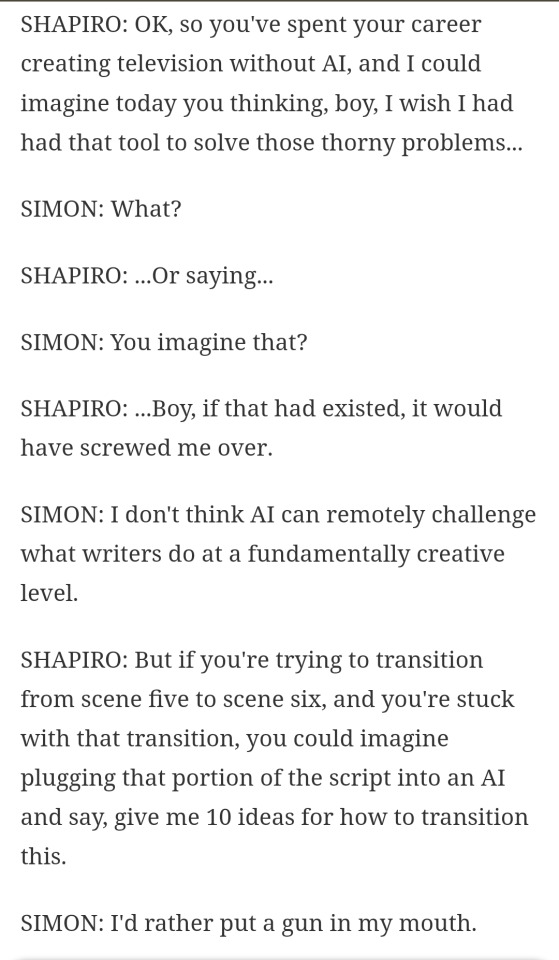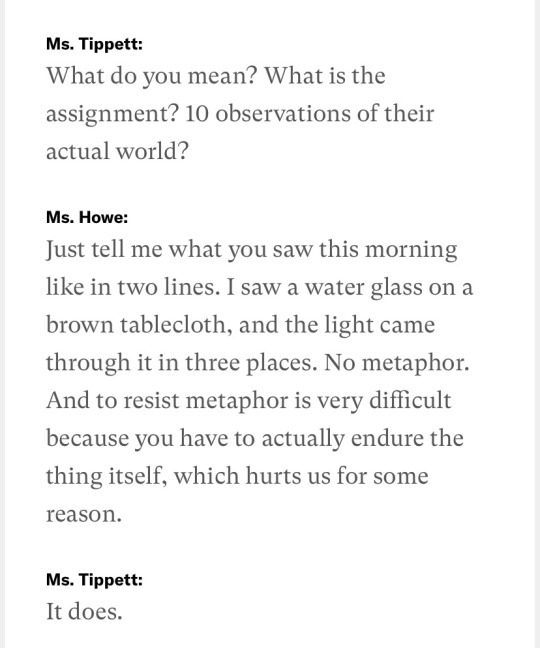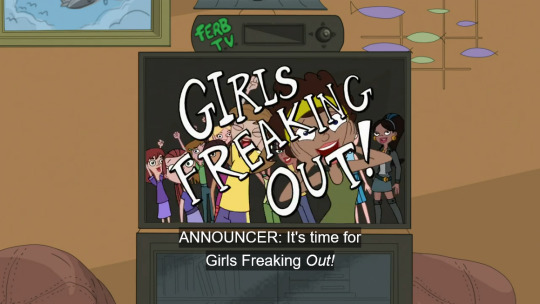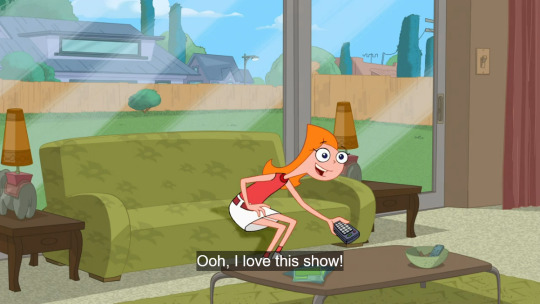Don't wanna be here? Send us removal request.
Text
Possibly the greatest NPR exchange ever recorded

123K notes
·
View notes
Text




























samira mohan and michael robinavitch the pitt / dna guarantee kodi-rhianne / woodtangle mary ruefle / orgin story desiree dallagiacomo / the pain scale eula biss / the unabridged journals of sylvia plath sylvia plath / war of the foxes (ii) richard siken / plainwater: essays and poetry anne carson / the last days of judas iscariot stephen adly guirgis / aiskhylos translated by anne carson
209 notes
·
View notes
Text

I don't need therapy I need rabid gay people freaking out in my inbox
29K notes
·
View notes
Text
the author's barely disguised longing to be a real person
40K notes
·
View notes
Text
I procrastinate so much that I have a gaping hole of dread inside my chest where I think my other emotions are supposed to go. unless a potential employer is reading this, in which case I don’t do that & I have all the normal emotions that human beings have & I love capitalism
164K notes
·
View notes
Text
anyway you should always remember that all those foreigners you see dying on the news are just as real people as you are who have just as much interiority as you do. there is nothing about you that makes you more important and it is by pure chance that you are not in their position. in fact, this holds for all of history. every person, no matter the horror of the fate that befell them, had just as much interiority as you do. i feel like some people haven't fully internalized this.
54K notes
·
View notes
Text
Through has got to be my least favorite way out
13K notes
·
View notes
Text
You fucking wish the author was dead. The author is on twitter
166K notes
·
View notes
Text
ok we just laughed until our ribs got tired. Now what
22K notes
·
View notes
Text
how could it have gone wrong, my approach was data-driven and trauma-informed
34K notes
·
View notes
Text
“I hate school I’m sorry Malala”- Funny yet poignant. Acknowledges both the difficulty of the task and the fact that doing that task is a privilege. Gives credit to the people who fought for that privilege with a tongue in cheek acknowledgement of the irony of the initial statement
“I’m just a girl I should be home baking bread not doing calculus” - at best historically uninformed at worst leaps decades back in time. Refusal to acknowledge the charged history of education and slights the centuries of women’s labor it took to reach this point
64K notes
·
View notes
Text

marie howe, in an interview with krista tippett of on being
49K notes
·
View notes




